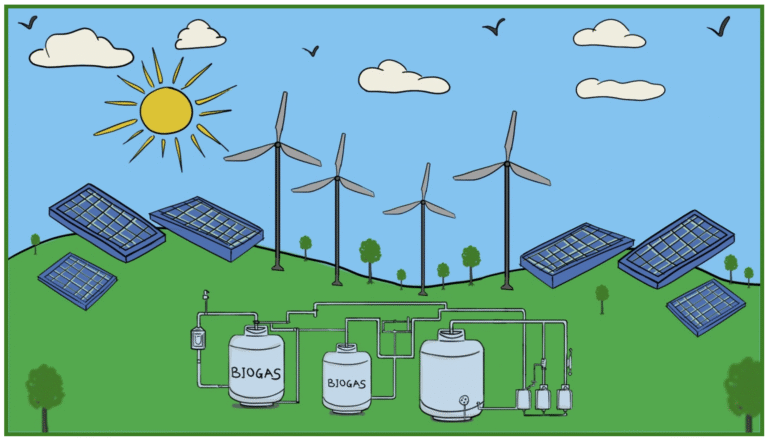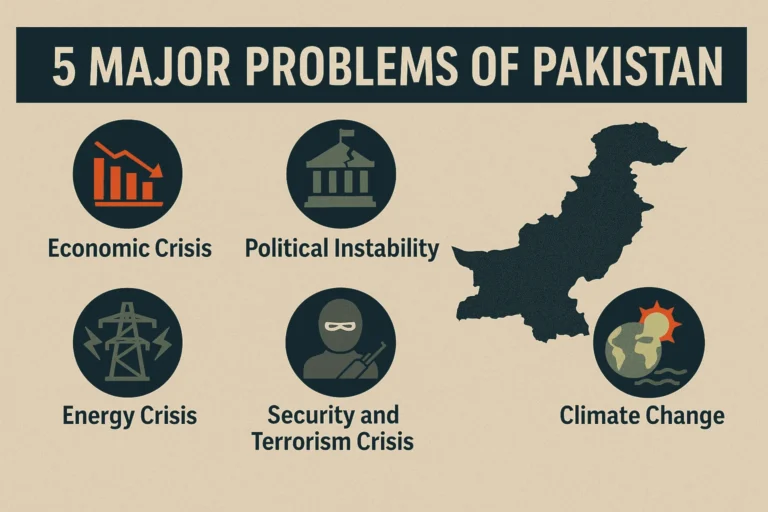Pakistan’s Political Landscape in 2025: Key Changes to Watch
Introduction
Introduction — Pakistan’s political landscape is shifting as youth, digital campaigns and governance
reforms redefine competition.. This section explores why it matters in Pakistan’s 2025 context, what
policy makers, businesses and ordinary citizens are experiencing on the ground, and how short‑term
pressures connect to longer‑term reforms. In practice, stakeholders report mixed outcomes: some
quick wins, some persistent bottlenecks, and a growing realization that execution quality is as
important as headline announcements. Data from recent budgets, business surveys and citizen feedback
shows momentum but also volatility Digital platforms and youth engagement are reshaping how debates
happen and which issues trend Regional geopolitics, energy prices and climate shocks create external
pressure that domestic policy must absorb
Evolving Party Strategies
Evolving Party Strategies — Major parties recalibrate narratives while independents leverage
community service and local credibility. This section explores why it matters in Pakistan’s 2025
context, what policy makers, businesses and ordinary citizens are experiencing on the ground, and
how short‑term pressures connect to longer‑term reforms. In practice, stakeholders report mixed
outcomes: some quick wins, some persistent bottlenecks, and a growing realization that execution
quality is as important as headline announcements. Officials emphasize transparency and measurement
so progress can be audited and course‑corrected Private sector leaders focus on reliability, cost
and speed; they want fewer surprises and clearer rules Citizens judge success by service delivery:
jobs, prices, energy availability, safety and fairness
What the numbers suggest — Recent datasets indicate uneven but real progress. This section explores
why it matters in Pakistan’s 2025 context, what policy makers, businesses and ordinary citizens are
experiencing on the ground, and how short‑term pressures connect to longer‑term reforms. In
practice, stakeholders report mixed outcomes: some quick wins, some persistent bottlenecks, and a
growing realization that execution quality is as important as headline announcements. International
partners link financing to governance, climate resilience and inclusion benchmarks Provincial
differences matter; pilot programs in one city often scale after evidence of impact Independent
media and researchers provide third‑party evaluation that improves public trust
Youth & Social Media
Youth & Social Media — Over 60% of the population under 30 shapes turnout, agendas and fact‑checking
online. This section explores why it matters in Pakistan’s 2025 context, what policy makers,
businesses and ordinary citizens are experiencing on the ground, and how short‑term pressures
connect to longer‑term reforms. In practice, stakeholders report mixed outcomes: some quick wins,
some persistent bottlenecks, and a growing realization that execution quality is as important as
headline announcements. Officials emphasize transparency and measurement so progress can be audited
and course‑corrected Private sector leaders focus on reliability, cost and speed; they want fewer
surprises and clearer rules Citizens judge success by service delivery: jobs, prices, energy
availability, safety and fairness
What the numbers suggest — Recent datasets indicate uneven but real progress. This section explores
why it matters in Pakistan’s 2025 context, what policy makers, businesses and ordinary citizens are
experiencing on the ground, and how short‑term pressures connect to longer‑term reforms. In
practice, stakeholders report mixed outcomes: some quick wins, some persistent bottlenecks, and a
growing realization that execution quality is as important as headline announcements. International
partners link financing to governance, climate resilience and inclusion benchmarks Provincial
differences matter; pilot programs in one city often scale after evidence of impact Independent
media and researchers provide third‑party evaluation that improves public trust
Governance Pressures
Governance Pressures — Inflation, energy and climate shocks stress institutions and test delivery
capacity. This section explores why it matters in Pakistan’s 2025 context, what policy makers,
businesses and ordinary citizens are experiencing on the ground, and how short‑term pressures
connect to longer‑term reforms. In practice, stakeholders report mixed outcomes: some quick wins,
some persistent bottlenecks, and a growing realization that execution quality is as important as
headline announcements. Officials emphasize transparency and measurement so progress can be audited
and course‑corrected Private sector leaders focus on reliability, cost and speed; they want fewer
surprises and clearer rules Citizens judge success by service delivery: jobs, prices, energy
availability, safety and fairness
What the numbers suggest — Recent datasets indicate uneven but real progress. This section explores
why it matters in Pakistan’s 2025 context, what policy makers, businesses and ordinary citizens are
experiencing on the ground, and how short‑term pressures connect to longer‑term reforms. In
practice, stakeholders report mixed outcomes: some quick wins, some persistent bottlenecks, and a
growing realization that execution quality is as important as headline announcements. International
partners link financing to governance, climate resilience and inclusion benchmarks Provincial
differences matter; pilot programs in one city often scale after evidence of impact Independent
media and researchers provide third‑party evaluation that improves public trust
Digital Politics
Digital Politics — From e‑voting pilots to live‑streamed debates, campaigns turn data‑driven and
participatory. This section explores why it matters in Pakistan’s 2025 context, what policy makers,
businesses and ordinary citizens are experiencing on the ground, and how short‑term pressures
connect to longer‑term reforms. In practice, stakeholders report mixed outcomes: some quick wins,
some persistent bottlenecks, and a growing realization that execution quality is as important as
headline announcements. Officials emphasize transparency and measurement so progress can be audited
and course‑corrected Private sector leaders focus on reliability, cost and speed; they want fewer
surprises and clearer rules Citizens judge success by service delivery: jobs, prices, energy
availability, safety and fairness
What the numbers suggest — Recent datasets indicate uneven but real progress. This section explores
why it matters in Pakistan’s 2025 context, what policy makers, businesses and ordinary citizens are
experiencing on the ground, and how short‑term pressures connect to longer‑term reforms. In
practice, stakeholders report mixed outcomes: some quick wins, some persistent bottlenecks, and a
growing realization that execution quality is as important as headline announcements. International
partners link financing to governance, climate resilience and inclusion benchmarks Provincial
differences matter; pilot programs in one city often scale after evidence of impact Independent
media and researchers provide third‑party evaluation that improves public trust
Conclusion
Conclusion — A pragmatic roadmap can convert pressure into durable progress. This section explores
why it matters in Pakistan’s 2025 context, what policy makers, businesses and ordinary citizens are
experiencing on the ground, and how short‑term pressures connect to longer‑term reforms. In
practice, stakeholders report mixed outcomes: some quick wins, some persistent bottlenecks, and a
growing realization that execution quality is as important as headline announcements. Execution,
transparency and steady communication keep expectations realistic and confidence high Smart
sequencing of reforms reduces pain while protecting vulnerable groups Regional cooperation on trade,
energy and climate multiplies domestic gains
FAQs
What is the single biggest constraint in 2025? Policy continuity and capacity; investors and citizens want predictable delivery.
How should businesses respond? Plan for volatility, digitize workflows, and align with compliance and sustainability requirements.
What can citizens do? Participate, verify information, and use available digital services to reduce friction and increase accountability.






